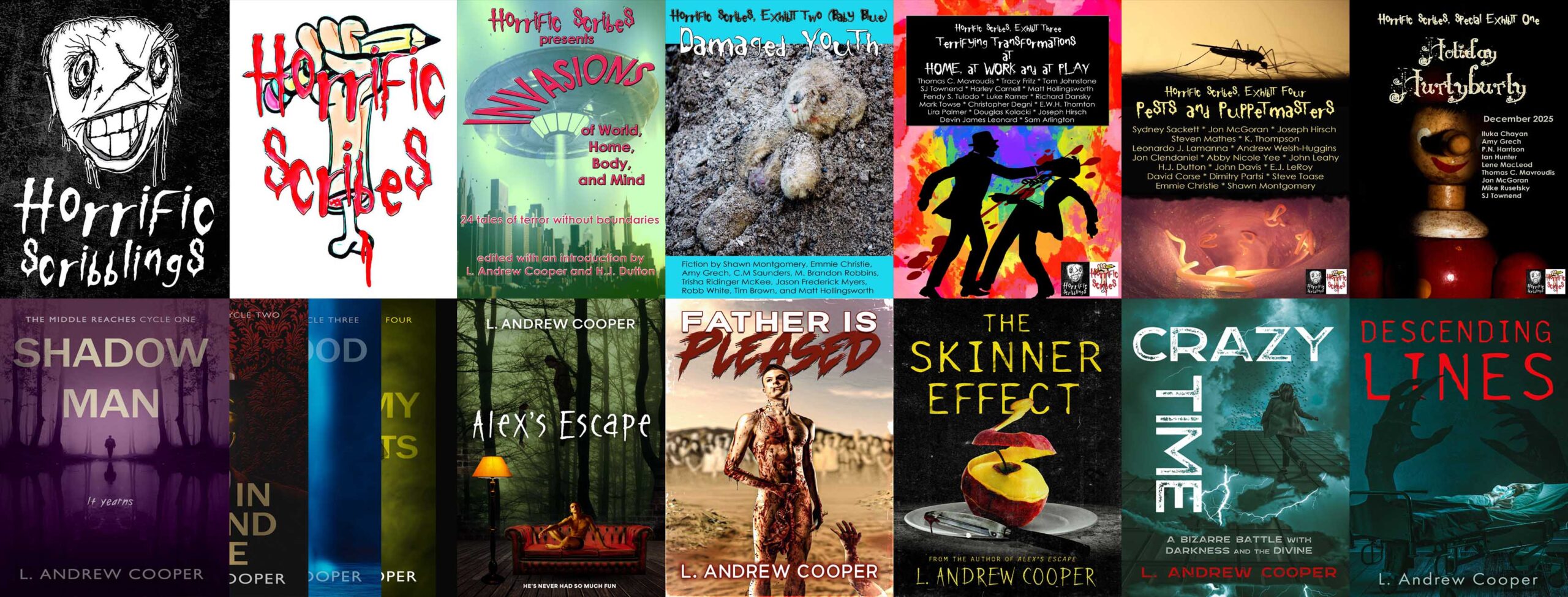Crazy Time is a literary horror novel about a woman, Lily Henshaw, who goes through so much trauma that she begins to think that her experiences are supernatural, the results of a curse comparable to the suffering in the Book of Job. That she merely thinks the experiences are supernatural—she doubts her sanity, finds her senses unreliable, and therefore can’t be sure—is crucial for the way the novel unfolds. At least after the first couple of chapters (and possibly sooner), the novel starts “turning the screw,” a term I use to describe any narrative that places what is actually happening in the world of the story into unresolvable uncertainty, a kind of perpetual hermeneutic ambiguity.
The term, of course, refers to Henry James’s famous little horror novella The Turn of the Screw (1898), in which the (inset) narrator’s ghostly experiences may or may not be products of her mind. James uses first person to lock readers in his governess-narrator’s unreliable perceptions, whereas Crazy Time uses third person to lock readers in Lily’s point of view, and James turns his screw with poise and tidiness, whereas Crazy Time is… messy. With our ambiguous turns through compromised consciousness, however, we both exploit a kind of phenomenological weakness for dramatic effect. For both of us, supposedly supernatural phenomena become tests for the limits of conscious processing, gauges for the distance between that which is and that which is experienced, and revelations of the stability of the mind that is processing experience. Reading James, we must consider whether the governess’s sensory experiences of the supernatural reveal objective realities or a damaged mind. Crazy Time poses a less evenly divided question, preferring a spectrum approach. How much of what Lily experiences “actually” happens, and when what she perceives stems from hallucination and isn’t happening, what “actually” is? If Lily is insane, in her world, what might sanity look like?
Although Lily doesn’t have unlimited patience for doubting herself (eventually accepting that “crazy flows forward”), she has far more good sense than James’s governess. As an English and Philosophy double major in college, Lily asks and seeks answers for the sorts of phenomenological questions that interest James. Her book (I almost subtitled Crazy Time “The Book of Lily Henshaw”) offers an array of experiences that might play as un- or super-natural, and Lily stands in different relations of skepticism to them with regard to their “reality.” These different relations are softer and harder turns of the screw. By the novel’s second half, which is perhaps less horrific but permeated by the fantastic, nothing might be real, or everything might be real, or there’s a mix. If decisions are needed, only readers can make them, likely based on how much disbelief they suspend when faced with unnatural, extreme, absurd, and unsettling phenomena.
Trying to grapple with “What is real?,” a question asked often enough in postmodern texts (though hopefully not quite in my novel’s curious ways), Crazy Time’s readers might trip once or twice on the book’s other big phenomenological interest—the experience of time. If phenomenological instability of the “real,” primarily the reality of the spatial environment and what happens within it, points toward craziness (what else is psychosis?), then phenomenological instability of the temporal, experiences of time that disobey the even and predictable ticks of a clock, points toward crazy time. Crazy Time doesn’t move like most novels. Split into two parts that are almost even halves, Part One covers an unspecified number of months, while Part Two covers a matter of (busy) hours. Some major events take pages and pages to play out, while others slip by in a sentence or two. Some sentences’ tortured syntax, if successful, will slow down reading, while others’ simplicity will speed reading up. Time’s instability is another screw turning, as it throws the scale of experience into uncertainty, deepening the interpretive quagmire.
This temporal instability comes at least partially from Lily’s struggle with PTSD—more on that in another post. For now, I’ll conclude by saying that crazy time, and Crazy Time, make the experiences of both space and time unreliable for both characters and readers. The book leaves no one standing on terra firma. Reading it shouldn’t provide an experience on par with Lily’s—that would be too horrifying—but having the screws turned on you should provide a glimpse of what such an experience might be like. And that, brave reader, is just the sort of phenomenon you’re seeking, right?
For Crazy Time on the Amazon Kindle: https://www.amazon.com/dp/B09QCVHRBJ/
For the print version: https://www.amazon.com/Crazy-Time-Bizarre-Battle-Darkness/dp/1977250432/


Comments are closed.